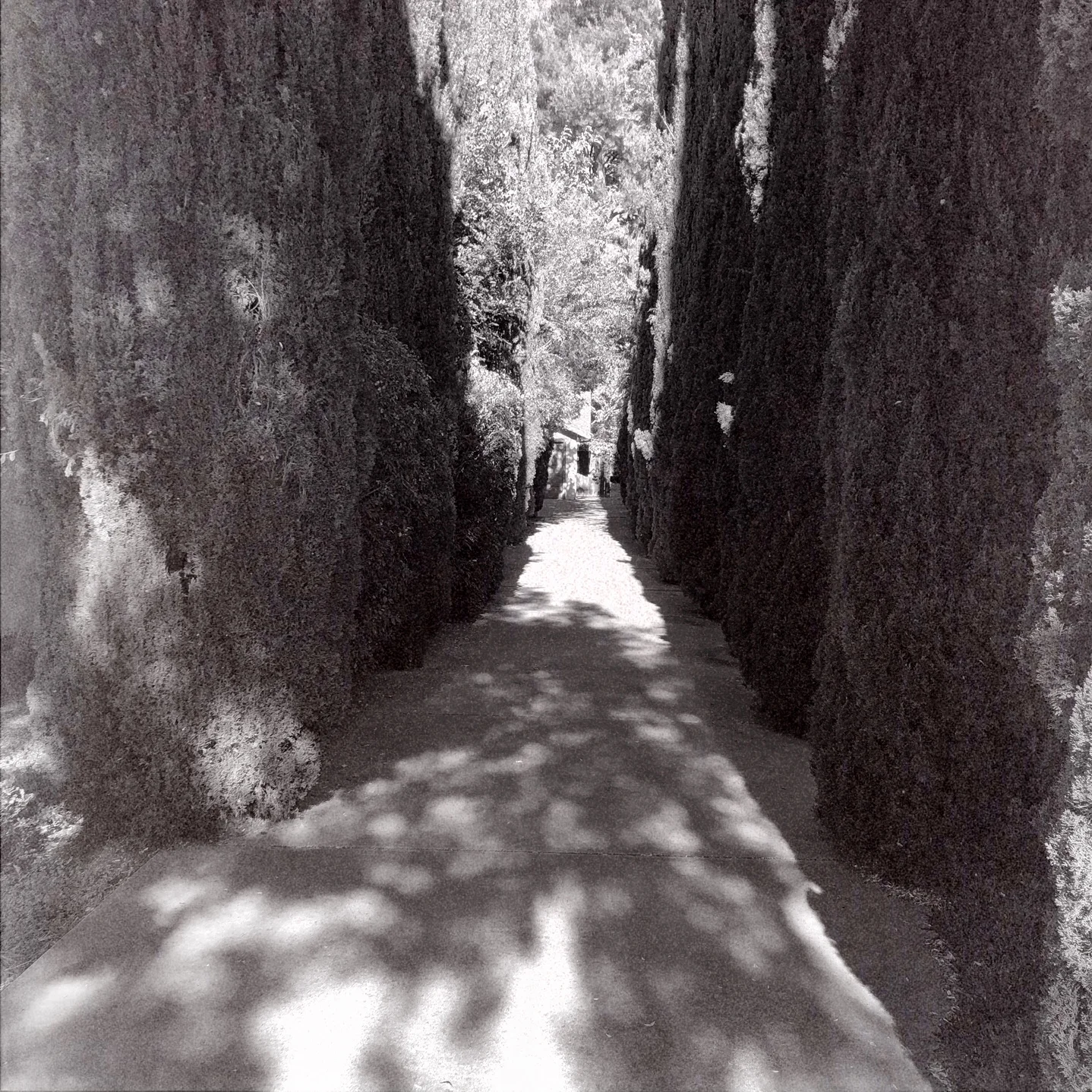The Beggar
There was a poor widow who lived in a tiny village in the Western Carpathian Mountains. The most important thing in her life was her only child, a boy of 8 years. After the death of her beloved husband seven years earlier, this youngster became her whole world and yet this woman was kind and always generous to a fault and gave to others even when she barely had enough for herself and her child.
Months earlier, a beggar came to the small village and offered prayers in return for a few pennies or a crust of bread. This woman gave him what little she could spare, whenever she saw him, even when others would not glance his way.
When neighbors chided her for giving food and money to this stranger and accused her of encouraging him to stay in their village she remonstrated, “He is a decent person who does not ask for something for nothing in return; he is proud and offers what he can. Are we not here, at the least, to help each other?”
Just before his ninth birthday, the little boy became suddenly and terribly ill. He lay in bed, listless and burning with a fever and despite her trying every home treatment she could think of, the fever went higher and higher with each day. She sent word to her only relative, a brother who lived several days away, that his nephew was dying. As a last resort, she sought out the village doctor, who was known to have become rich by curing many hopeless cases. On the way to the doctor she sidestepped the beggar without acknowledging him.
The village doctor told her that he felt sure that he could cure her son, but told her she would have to pay him for the medicine. When she told him she could not pay the sum he was asking, he shrugged and turned away.
She was appalled and charged, “You are supposed to do no harm. By refusing to give me the medicine you are letting my child die.”
The doctor spun back to face her, incensed. “I have to eat also. I have to make a living. If I was to give you the medicine for nothing or next to nothing, then other people would expect the same and I would be as poor as you,” he mocked.
The woman was despondent as she trudged down the street. She stopped at every door to beg for help. But her neighbors were worried that if they gave her the money, and their children became sick, they would not have the means to save them, so they turned her away. She rounded a corner a few feet from her home and came face to face with the beggar. She immediately felt bad for neglecting him earlier. She reached into her pocket and pulled out a penny and implored, “Please forgive me. I am worried about my sick child. Here is all I can spare. I must go.”
When she continued past him, the scruffy man grabbed her arm and insisted, “I don’t want your money. I want to see your child.”
“I don’t know what you can possibly do. He can only survive with a medicine that I can not afford nor convince the doctor to give me. None of my neighbors will pay for it. It is hopeless.”
The beggar smiled and said in a whisper, “There are many ways to healing. I have some rudimentary abilities.”
The woman was unsure, but the beggar added, “What do you have to lose? Your child is at death’s door and there is no other person offering to help.”
“OK.” She felt a rush of relief at this agreement, but still had misgivings that this man, in rags and with his matted beard down to his waist and his stench of the gutter, could do anything to help.
At the woman’s house the beggar held the boy’s listless, pale face in his hands and ordered, “There is no time to lose. Bring me the mirror I saw outside, next to your door.”
The woman said, “But that mirror has been there since I was a child. Did you see the flies around it and their droppings spotting the surface? It was supposed to keep the Shedim from our home, but has failed to protect my son.”
“Precisely. Do not disturb the surface of the mirror. Quickly, quickly!”
He looked at her with expressive eyes and she filled with a warmth that suffused her whole being. She could see at last that this grubby, but kind beggar had always been her greatest hope. She stopped thinking and ran to grab the mirror. It was even dirtier than she had remembered, so caked with dust and fly droppings that it barely reflected any image.
The beggar placed the mirror on the floor beside the cot where the boy lay. He withdrew an arthritic hand from his ragged clothing and began drawing strange characters in the filth and dust with his crooked index finger.
“Bring me a jug of fresh water from the stream and hurry,” he said, looking over at the boy who was grey skinned and barely breathing.
The woman came back minutes later, panting and exhausted, with a small jug of water. The beggar, who looked more and more to her like a wise man of some sort, poured the water over the mirror till a puddle spread from edge to edge. He traced more strange characters on the mirror through the water. The woman noticed that even though the old man moved his finger very rapidly, the surface of the water remained strangely still and never splashed or sloshed off the glass.
After a couple minutes he told the woman to prop her son up and he carefully lifted the mirror from the floor.
“Now, hold his mouth open.”
While she held her son’s mouth open the old man tilted the mirror and poured the oddly clear liquid down the boy’s throat. None of it spilled. It flowed, as though guided through an invisible funnel, into the boy’s mouth. When the mirror was dry, the boy sucked in a ragged breath, fell back on his thin pillow, and looked dead. The beggar guided the mother to the front living area and she heaved and cried against him. He held her and it was as if she was being embraced by a warm blanket.
There came a loud knock at the door and the woman’s brother burst in. “Where is my nephew? Am I too late?” He pushed past the woman and old man and rushed to the cot.
A few seconds later he shouted, “Sister, what is wrong with you? What kind of joke is this?” He came out of the sleeping area red faced with fury. “Your message said the boy was dying and I should come as quick as possible. I dropped everything and traveled day and night to get here.”
The woman was confused, “He is, he is very ill, barely alive. I could only get the help of this beggar man.”
She turned to point to the old man and no one was there. “I swear he was here.”
“Yes, yes. I am not blind. I saw him. He is the spitting image of the prophet Elijah. But, now, come see your son.”
She followed her brother into the bedroom and was stunned to see her boy sitting up on the floor playing with his toys. He was flushed, but healthy looking. When he saw her he said, “Mama, when will we eat? I’m hungry.”
She fell to her knees and held him. He felt vital and he returned her embrace with strength and excitement. The woman jumped up and ran to the main room and then outside. The beggar was no where to be seen.
She went back at her brother and insisted, “The man that was here…he…he healed my son.”
Her brother looked calmer now and nodded to her, “That was the prophet Elijah. He sometimes comes to the aid of those with no other hope. You and the boy are truly blessed and must be very special to be worthy of his intervention.
*Note on the origins of this story: The idea for this tale came from a story told in Barbara Myerhoff’s “Number Our Days”. The original story was told by one of the Jewish seniors who Myerhoff interviewed and studied for several years during the ‘70s in Venice, California. The purpose and intent of the original tale is different than the one above, yet it sparked the idea in me for a story about Jewish mysticism and spirituality in old world Eastern Europe.
**Shedim is a Hebrew term that refers to evil demons.






